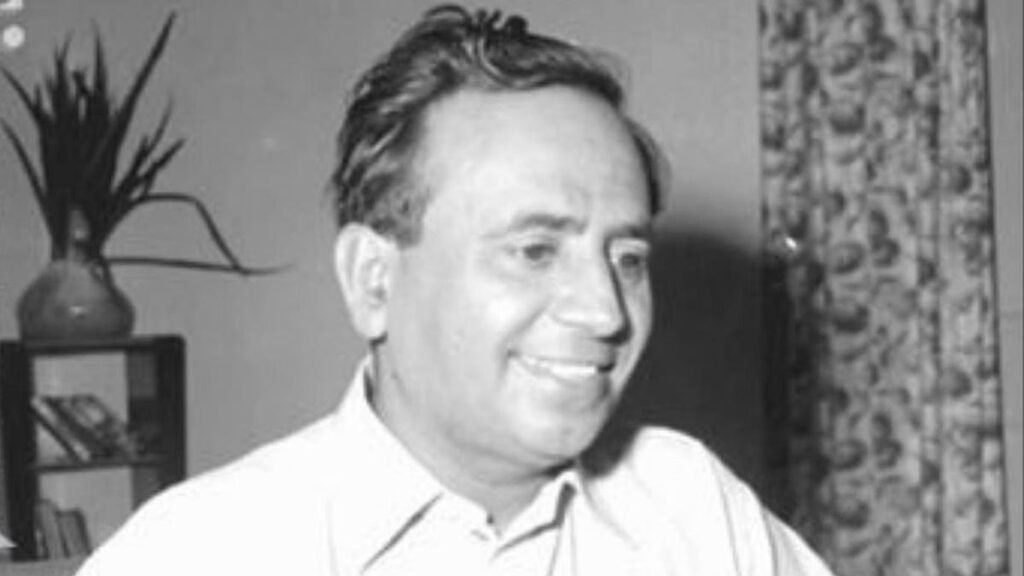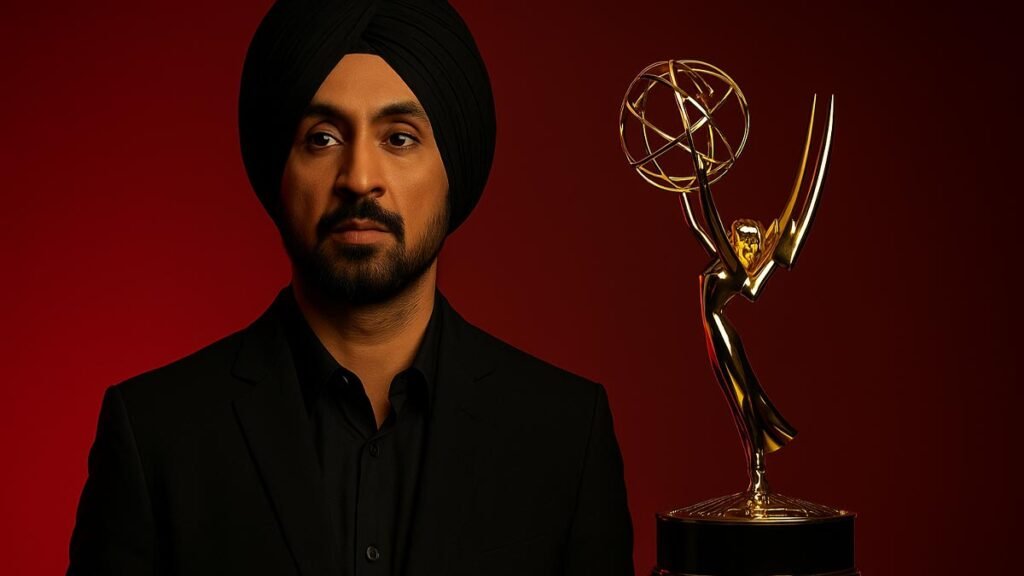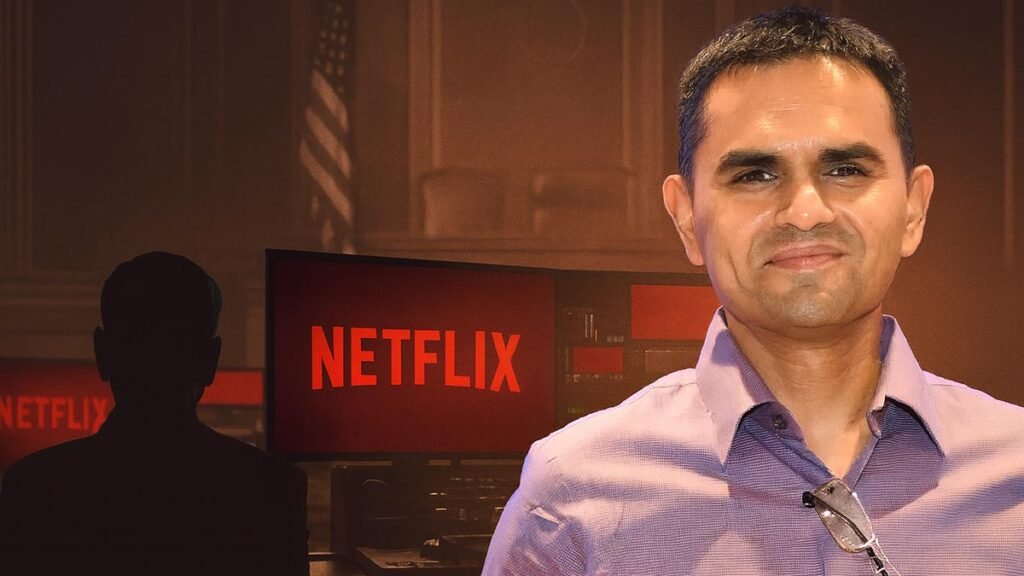New Delhi, September 27, 2025 — Veteran filmmaker and lyricist Kidar Sharma has publicly claimed that Roshan Lal Nagrath—the celebrated music director and grandfather of actor Hrithik Roshan—betrayed him after achieving success. In a recent autobiographical interview, Sharma recounted how he discovered Roshan at a railway station and offered him support when he was destitute, only to be later cast aside when Roshan’s career took off.
Sharma says he encountered Roshan sitting at a station platform with no work and without shelter, soon after the latter had been dismissed from his post at All India Radio. According to Sharma, he asked why Roshan remained stranded for so long and learned of his predicament. Sharma claims to have then extended an offer of shelter, financial aid, and commissioned him to compose for his film Neki Aur Badi (1949), thereby giving Roshan his initial break in Hindi cinema.
Over time, Sharma again partnered with Roshan on the melodious hit Bawre Nain, a collaboration that secured Roshan deeper recognition. But the relationship reportedly soured soon after. Sharma states that, once Roshan became in demand, he balked at lowering his fee—even when Sharma was facing severe financial strain and requested leniency. Sharma alleges Roshan insisted that cutting rates would “not be good for his career.”
In a telling moment, Sharma says Roshan initially agreed to provide music for another film but demanded — when told only Rs 15,000 was available — that the score employ 100 musicians. Eventually, Roshan settled for 50 musicians, yet when the recording day arrived, Sharma claims Roshan skipped the session altogether, leaving him in crisis. He recounts, “In the afternoon … I learnt Roshan had left for Kolkata that morning and would not return.”
The betrayal, as Sharma frames it, pushed him to a career vow: “That was the day I decided to never work with stars again, because people get swollen heads.” His path in show business, he says, became shaped by distrust toward star power over artistry.
Film historians note that Neki Aur Badi was itself a modest venture featuring Sharma in the lead, with Roshan composing music, and its commercial failure is well recorded. Still, Sharma’s role in nurturing early talent (including singers and poets) has long been acknowledged in Bollywood retrospectives.
Industry watchers see this episode as an emblematic example of mentor–protégé tensions in early Hindi cinema, where financial pressures and ego often intersected. Whether Roshan himself ever addressed these allegations is not on record; with his descendants occupying Bollywood’s contemporary forefront, the narrative adds a lesser-known, bittersweet layer to the Roshan legacy.


